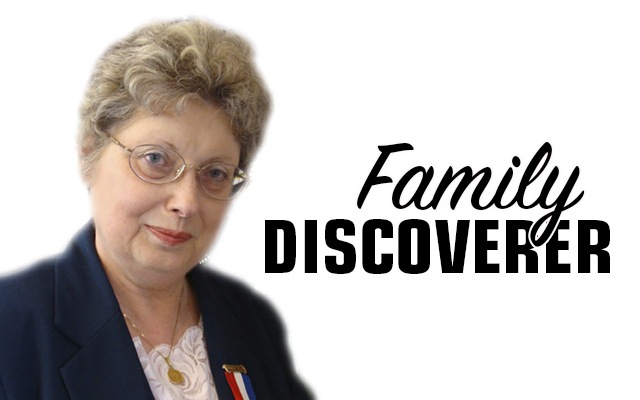If you’re a juror, weighing evidence is part of the job. The same holds for genealogists.
One problem you may find as you research is conflicting birthdates and places. This is especially true when there is no official birth certificate. In the early 20th century, most babies were born at home, not in hospitals. Beginning in 1892, Maine law dictated all births be registered with town clerks. Attendants were supposed to register births, but they often didn’t. That’s why you can find so many delayed birth registrations when Social Security was created.
Birthdates and places may also be found in different records such as marriage certificates, naturalization papers, the U.S. Census, Social Security records, military draft registrations and service records, as well as others. But what if the information on these records differs? What’s a genealogist to do?
Don your deerstalker cap and put yourself into Sherlock Holmes mode. This is where you must weigh evidence. In this and my next column I’ll take a look at some examples of what you might run into and how to resolve the conflicting data.
Genealogists are told to give preference to primary sources — that is, official records such as marriage certificates or records made immediately after an event. But what if these records are wrong? For example, my maternal grandparents had nine children. My grandfather gave the information on the birth records which were filed with the state. But in half the records he stated his own birthplace as Detroit, Maine, in the other half, Troy, Maine.
My grandfather had no birth certificate and neither Detroit nor Troy has any record of his birth. I did uncover his original Social Security application and his draft registration for World War I, which both state he was born in Detroit. His parents were both born in Troy and his two elder siblings were born there. There’s no evidence my great-grandmother returned home for my grandfather’s birth, though it could have happened. Also, I learned his paternal grandparents lived in Detroit, Maine, so there are familial ties to both towns.
My grandfather’s death certificate says only that he was born in Maine. His obit says he was born in Troy, but he didn’t write that himself, something to keep in mind when using death certificates or obits as evidence. When he married my grandmother, the certificate stated he was a resident of St. Albans.
After weighing the records, I chose to list his birthplace as Detroit, figuring the draft record was created earlier in his life than his marriage or his children’s birth records, and I also figured he would have been truthful on his Social Security application. I did note an alternate birthplace in my genealogical software.
In weighing evidence, look for the earliest records and try to judge which makes the strongest case and is most logical. Note any other possibles. As with my grandfather, you may never be 100 percent certain you have the right place.
Columnist Nancy Battick of Dover-Foxcroft has researched genealogy for over 30 years. She is past president of the Maine Genealogical Society, author of several genealogical articles and co-transcribed the Vital Records of Dover-Foxcroft. Nancy holds an MA in History from UM and lives in DF with her husband, Jack, another avid genealogist. Reader emails are welcome at nbattick@roadrunner.com.








